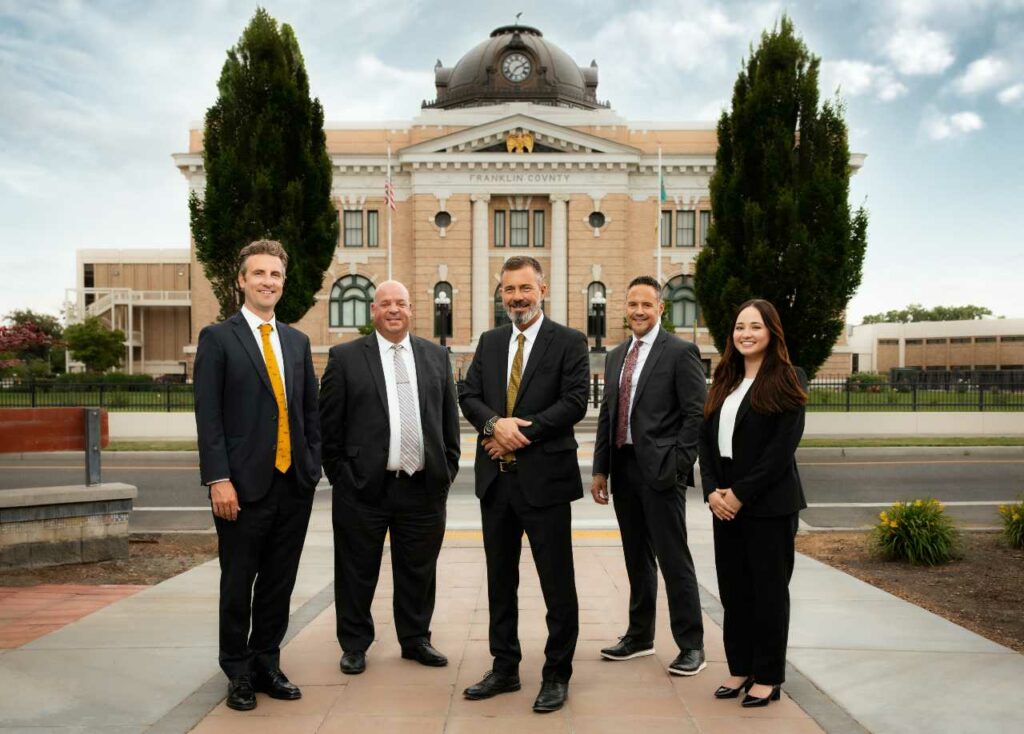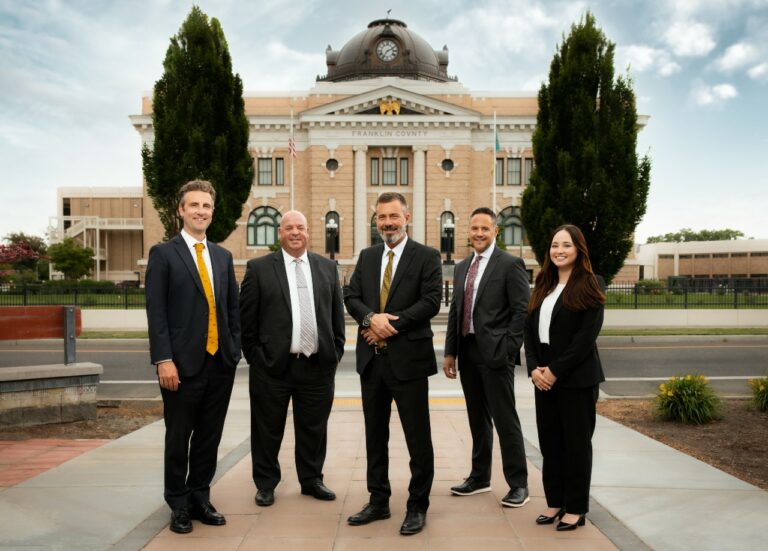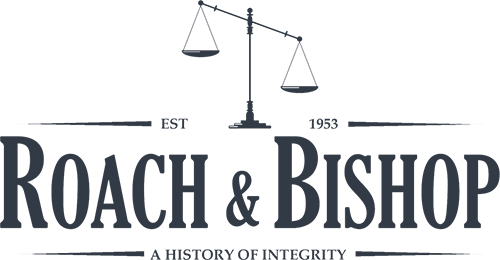Most healthcare organizations in the United States suffer from a chronic shortage of allied healthcare workers to fill basic positions at their facilities. These can be Medical Doctors, Nurses, Dentists, Physical Therapists, Dietitians, Medical Lab Technologists and the like. Given these shortages, many organizations have been more fully exploring the ability to sponsor foreigners in these positions to complement their existing workforce. The following article will give a basic overview of the options available to healthcare organizations, specifically Non-Profits and Federally Qualified Health Centers and Clinics.

Any foreign national can attend school either inside of the U.S. or outside of the U.S. but the issue is once they have completed their schooling, they then need to obtain work authorization [and training/licensure] before they can begin working for an employer. This is where an immigration attorney can counsel the organization on their potential options, the timeline, as well as the costs for doing so.
Starting at the highest level, Medical Doctors typically attend Medical School outside of the U.S. and then enter the U.S. on a J-1 Training Visa that then requires them to return home thereafter for a 2-year period unless they are granted a Waiver of that 2-year Return to Home Requirement (RTH). There are two main agencies that sponsor these Waivers. One is the State Department of Health and the other is the Federal U.S. Department of Health and Human Services. Once the Medical Doctor is granted the Waiver, they then get into H1B Status which allows them to work for the employer for a 6-year period. During this time, the Medical Doctor typically pursues Legal Permanent Residency (aka Green Card) in order for them to remain in the U.S. permanently. Medical Doctors are the most common foreign workers in the healthcare sector that train on J -1 Status and thereafter are required to either return to their home country for 2-years or obtain a Waiver of the 2-year Return to Home Requirement by promising to work for 3 years in an underserved area.
Other professionals such as Dentists, Dietitians, ARNPs, and Physical Therapists typically complete their training and/or education in the U.S. on F-1 Student Status and therefore do not require a J-1 Waiver before they can obtain H1B Professional Work Status. These professionals typically receive at least a 1-year Work Permit upon completion of their F-1 program of study. This allows them to initially get on the job with any employer, but once the 1-year Work Permit is expired, they need to find an employer to sponsor them for H1B Status. The need for H1B Status typically drives these professionals to Non-Profits and FQHCs based on the fact that they can typically sponsor an unlimited number of H1Bs because they are not subject to the H1B Lottery or H1B Cap (an annual limit on the number of H1Bs that can be granted to for-profit employers that is limited to 85,000 per year and is typically exhausted immediately when large for-profit companies [such as Google, Amazon, etc.] apply for the entire limit on the first day of filing). This ability to file outside of the H1B Cap gives small non-profit healthcare organizations a distinct advantage in recruiting foreign professionals.
There are also other Visas available based on the country of origin of the foreign worker. Some common countries and their Visas are: TNs for Canadians and Mexicans, E3s for Australians and H1B1s for Chileans and Singaporeans. These other Visas have no Caps and allow immediate sponsorships. The most commonly seen of these is the TN which typically is used to sponsor Nurses.
Once a foreign professional is on the job in one of these temporary work statuses the next step is to proceed with Legal Permanent Resident Status so that they may remain in the U.S. working for the employer permanently.

Each and every one of these processes and statuses discussed above have their own unique requirements that must be met by the employer as well as the employee. In subsequent articles we will delve into the specifics regarding all of these different processes to sponsor foreign workers both temporarily and permanently.
Eamonn P.S. Roach is a Partner at the firm of Roach & Bishop, LLP in Pasco, Washington and exclusively practices immigration law. This article does not constitute legal advice. It is possible that the information in this article does not apply to you as each immigration case is fact specific. If you have questions regarding the immigration processes discussed in this article, please contact Eamonn P.S. Roach at 9221 Sandifur Pkwy, Suite C, Pasco, WA 99301, by phone at 509.547.7587, or by email at eroach@roachlaw.com.



